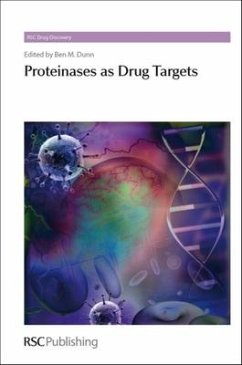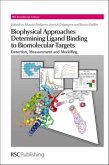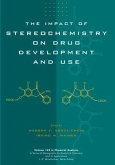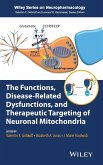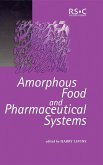This unique book describes newly discovered proteolytic enzymes and their biological function. In many cases, these enzymes are targets for new drug discovery in order to provide new therapeutic approaches to control human diseases and/or metabolic conditions. The chapters in this book will help other investigators to pursue drug discovery by detailing methods of production and assay of the enzymes. In addition, the latest structural studies that are described in the book will permit rapid advances in drug design. The most important elements of this book are the state-of-the-art, detailed descriptions of the properties of the proteolytic enzymes. The chapters in the book, written by leading experts in the field, collect the best work on the topics with complete bibliographies for each target enzyme. The illustrations are highly informative to aid and facilitate a new design of inhibitors that can be developed as drug candidates. Key chapters include those by Mark Gorrell and Catherine Abbott, both describing dipeptidyl peptidases, which have been implicated in a number of metabolic conditions including diabetes. The chapters are written from two very different perspectives, thus enriching the literature in this area. In addition, the chapter by Sheena McGowan focuses on aminopeptidases from the malaria parasite, Plasmodium falciparum, and the chapter by Ben Dunn deals with the aspartic peptidases from the same organism.
